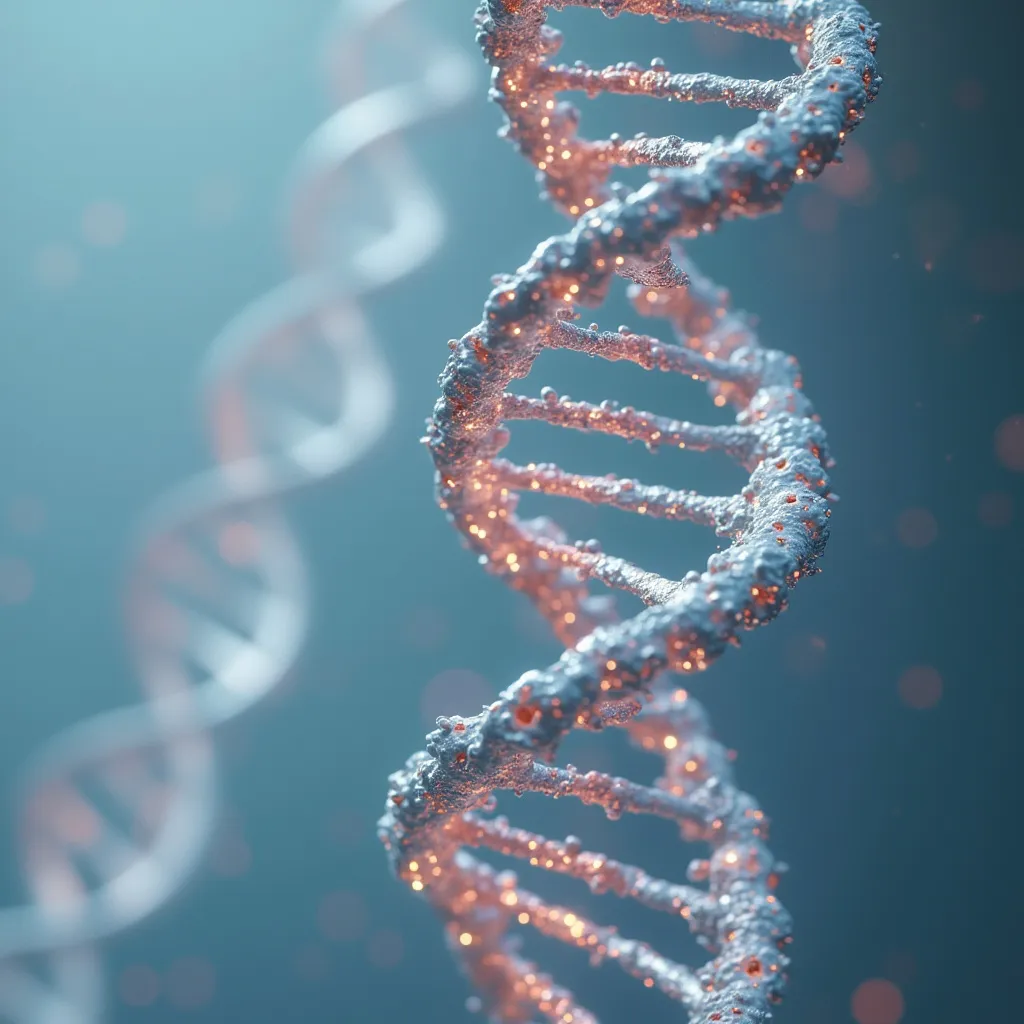What is a Genetic Marker
A genetic marker, a segment of DNA with a known location on a chromosome, helps identify individuals or species. These markers play a significant role in genetic research, aiding in understanding heredity, genetic diseases, and interventions. Genetic markers are tools used by scientists to track inheritance patterns and variations in genes.
Types of Genetic Markers
Genetic markers come in different forms, each serving unique purposes in research and diagnostics. These include:
-
Single Nucleotide Polymorphisms (SNPs): SNPs are the most common type of genetic variation among people. They represent a difference in a single nucleotide and occur approximately once in every 300 nucleotides.
-
Microsatellites: Also known as short tandem repeats (STRs), microsatellites are repeating sequences of 2-6 base pairs of DNA. They are highly polymorphic, making them useful in genetic mapping and paternity testing.
-
Restriction Fragment Length Polymorphisms (RFLPs): Involving variations in the DNA sequence recognized by restriction enzymes, RFLPs were one of the first types of genetic markers used to study genetic diversity.
Uses of Genetic Markers
Genetic markers have various applications in both scientific research and practical scenarios:
-
Disease Diagnosis: They help in identifying genes related to diseases, enabling early diagnosis and personalized medicine approaches. For instance, certain SNPs are associated with increased risk for diseases like breast cancer and coronary artery disease.
-
Forensic Analysis: Used in DNA fingerprinting, genetic markers can identify individuals involved in criminal cases. STRs, due to their variability, are particularly useful in forensic science.
-
Agriculture: Genetic markers assist in plant and animal breeding by helping identify traits linked to yield, disease resistance, and other valuable characteristics. They enable marker-assisted selection, improving breeding efficiency.
-
Conservation Biology: They are used to analyze genetic diversity in populations of endangered species, aiding conservation efforts by ensuring genetic health and reducing inbreeding.
How Genetic Markers Work
Genetic markers do not need to be part of a gene to function effectively. They serve as reference points along the genome, helping to locate specific genes linked to traits or diseases. In research, markers track the inheritance of genes in families or populations. By identifying differences in genetic markers between individuals with and without a condition, researchers can pinpoint genes involved in disease etiology.
DNA Testing and Genetic Markers
Modern DNA testing platforms, including those like ChatDNA, utilize genetic markers to provide insights into health and wellness. These services harness the power of genetic markers to offer personalized health information, potential genetic predispositions, and lifestyle recommendations. Users can gain access to their genetic profiles and explore reports derived from SNPs and other markers.
Understanding Genetic Variation
Genetic markers are integral to studying genetic variation within and between species. They unveil patterns of genetic diversity and population structure, contributing to evolutionary biology and anthropology. Beyond mere identification, genetic markers reveal the complexities of genetic linkages and associations in human and non-human organisms alike.
Complexity and Ethical Considerations
While genetic markers offer immense potential, ethical considerations must guide their use. Issues surrounding privacy, data sharing, and potential discrimination arise, highlighting the need for robust ethical frameworks in genetic research and testing. Understanding the implications of genetic marker research is vital for scientists, policymakers, and individuals alike.
In conclusion, genetic markers are indispensable tools in modern genetics. They provide insights into hereditary relationships, disease mechanisms, and the rich tapestry of genetic variation. As research advances, the role of genetic markers will only continue to expand, further unraveling the complexities of life encoded in our DNA.
What is ChatDNA?
ChatDNA can analyze your DNA to answer any question. When you ask a question it will provide clear explanations and meaningful insights about who you are at a genetic level.
You can import existing DNA results from all major services like 23andMe and AncestryDNA or purchase a new DNA test kit through ChatDNA.
ChatDNA is especially valuable for anyone interested in:
- Understanding how their genes influence health and wellness
- Learning about their unique genetic traits
- Discovering personalized insights about their biological characteristics
- Getting clear, conversational answers to their DNA-related questions
Ready to get answers about your DNA? Visit ChatDNA.co to get started.
